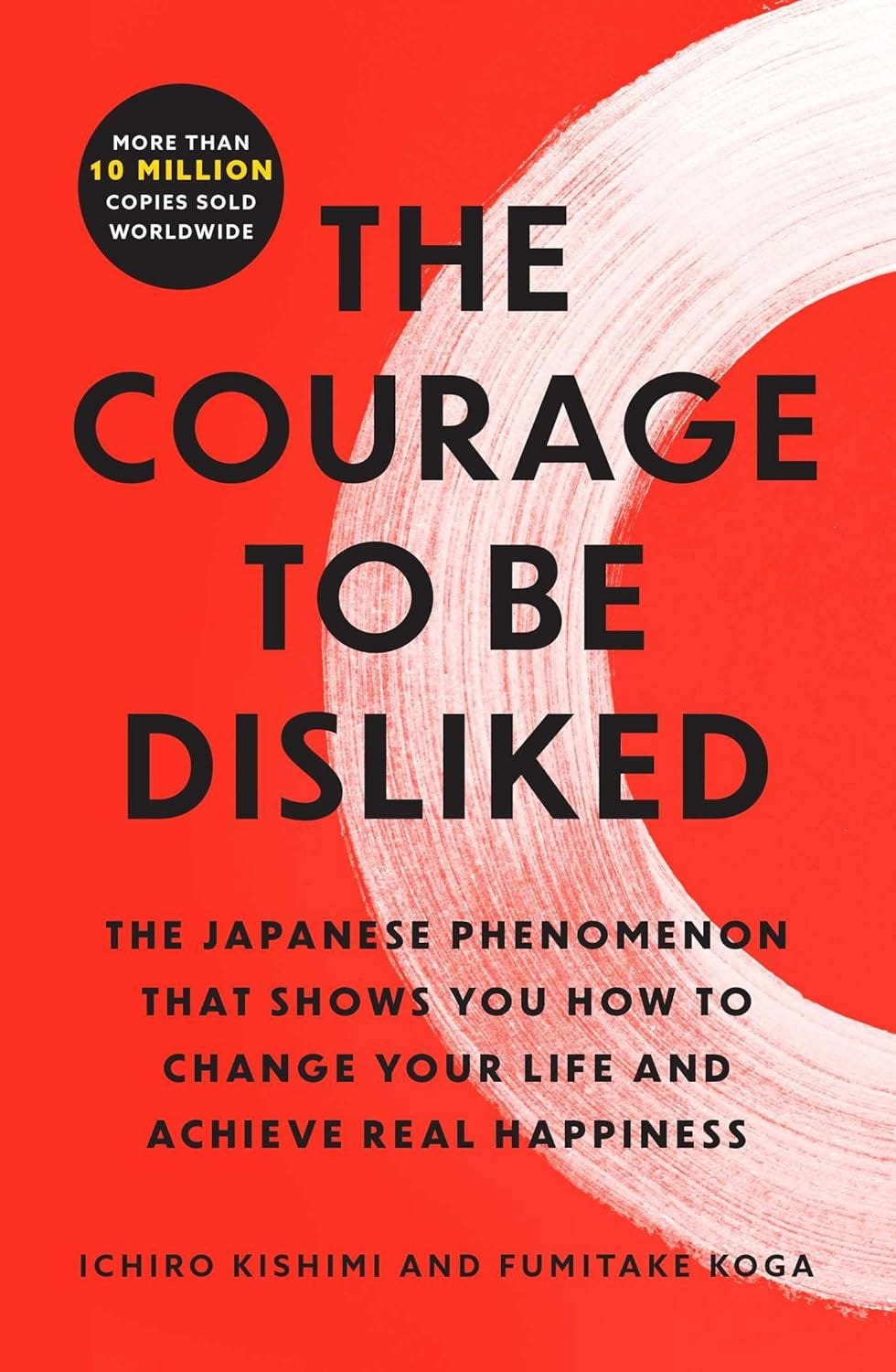I just finished, and am rereading, The Courage to Be Disliked. I am rereading it because I feel like I only learned a few things here and there, but I can’t easily see how they all fit together in this Adlerian system of thought. These substacks are meant to be my way of trying to understand the book, not teach the book. My mind keeps going to Gary Becker as I read it because my whole adult life I have been an economic imperialist in that Beckerian tradition. Just like the philosopher of this book says “I live philosophy”, I live economics and to such a degree that I think it merits this kind of meta-reflection.
But, first a coin flip to determine if the substack will be paywalled! Heads, it’s paywalled, tails it isn’t. Cosmos flips a coin five times. Drum roll…. Heads it is!
Thanks everyone for subscribing to and supporting the substack by being a paying subscriber. It is well appreciated. And thank you everyone else for supporting me with encouragement and all the other ways that you support me!
I. Opening: The Conflict Between Psychology and Economics
Economists don’t ask where preferences come from, or at least Gary Becker requested that we not. We are to assume they exist, that they are identical across people, and that they do not change over time. Becker’s research agenda was largely a methodological one that attempted to take that starting point and nonetheless build out a fairly comprehensive theoretical framework for understanding, describing and predicting human behavior. One’s mileage may vary on whether and to what degree, though, that it was a success.
Psychology, though, wants to know why people want what they want. And interestingly, that’s where Alfred Adler, the early 20th-century psychologist, takes an axe to the whole idea of causality. It is surprising in a way that he so strongly denies causality and it’s one of the things that has preoccupied me in reading the book — one thing among many.
Keep reading with a 7-day free trial
Subscribe to Scott's Mixtape Substack to keep reading this post and get 7 days of free access to the full post archives.




